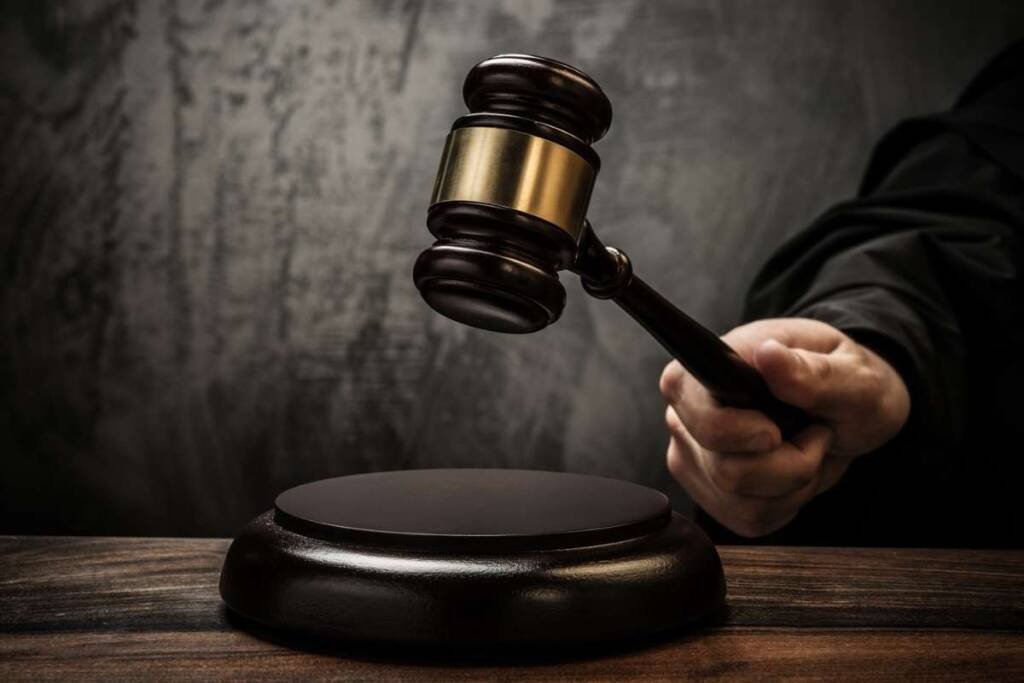Teva has been grappling with opioid litigation for several years, culminating in a multibillion-dollar settlement last year. However, the company faces another potentially “enterprise-threatening” lawsuit from the US government, which has been quietly looming in the background, as per recent filings made by Teva’s lawyers.
The lawsuit involves allegations of kickbacks related to Teva’s once-profitable multiple sclerosis drug, Copaxone. US District Judge Nathaniel M. Gorton recently ruled in favor of the US government on two critical issues. First, it concerns the level of causation required to deem a drug reimbursement claim as “false.” Second, it revolves around the potential damages Teva may have to pay if it loses the case.
According to the US government, Teva made payments of over $350 million to two patient foundations, the Chronic Disease Fund and The Assistance Fund, between December 2006 and January 2017. These payments allegedly covered Medicare co-pay obligations for patients using Copaxone, while the drug’s price was simultaneously increased five-fold.
The US lawyers argue that Teva “conspired” with a specialty pharmacy and utilized the foundations as channels to subsidize Medicare co-pays for Copaxone, which violates the Anti-Kickback Statute (AKS). This statute prohibits pharmaceutical companies from paying Medicare co-pays to maintain market forces and avoid undue inducement for patients to choose a particular drug.
In a recent ruling, Judge Gorton sided with the US government on the issue of causation, agreeing with the First Circuit Court of Appeals’ definition of a false claim. This definition states that if there is a sufficient causal connection between an AKS violation and a claim submitted to the federal government, the claim is considered false under the False Claims Act.
According to this causation standard, the government must demonstrate a “causal connection” between Teva’s payments to the patient foundations and the Copaxone claims submitted under Medicare. Teva, on the other hand, has argued that the government must prove that the Copaxone claims would not have been submitted to Medicare “but for” its donations to the foundations. However, the court rejected Teva’s causation argument in a ruling.
Another significant issue is the potential damages Teva may face. The court has ruled that the company could be liable for the entire amount of the alleged false claims, making this a critical legal challenge for Teva.
“The rationale here is that the government simply would not have paid those Medicare claims had it known they were submitted in violation of certain Medicare requirements,” Judge Gorton wrote.
After the mid-July rulings, Teva this week filed a motion to appeal the court’s finding on the causation issue. If Teva were to prevail in its argument, then the company “would be entitled to summary judgment, averting the need for a six-week jury trial that would consume both the parties’ and the Court’s resources,” lawyers for the company wrote.
But if Teva’s appeal isn’t permitted and the company loses at trial, Teva “faces a judgment that may exceed $10 billion, an enterprise-threatening amount that may render a post-judgment appeal impossible,” its lawyers wrote.





























